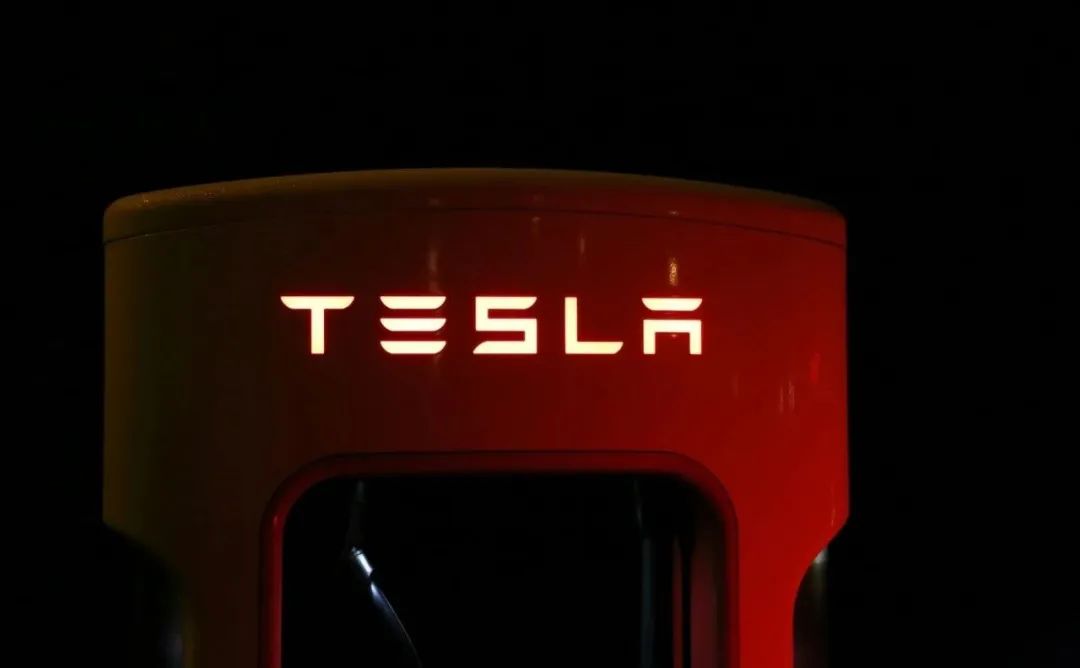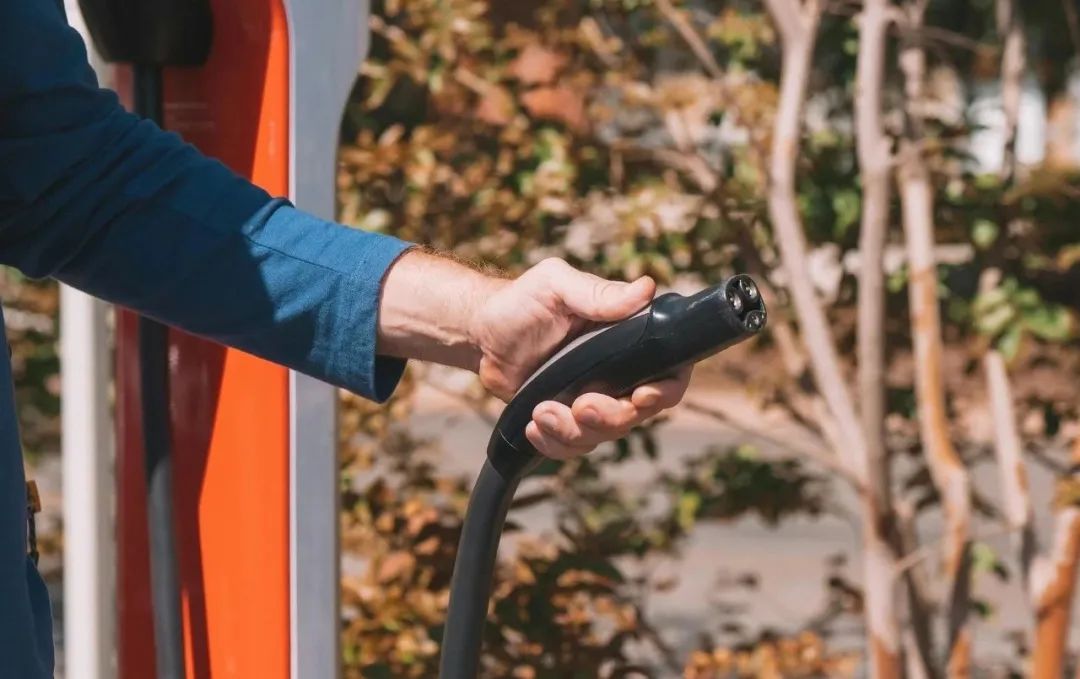Tesla urgently needs to come up with a new trump card
![]() 09/10 2024
09/10 2024
![]() 438
438

Tesla, which is gradually losing its luster, urgently needs to come up with a new trump card.
Source|New Product Strategy Finance
Author|Wu Wenwu
Behind Elon Musk's rare response to Tesla's declining market share in China lies the fact that Tesla is gradually losing its halo effect. Facing the collective siege of Chinese automobile brands, Tesla urgently needs to come up with a new trump card.
01
Elon Musk Responds to Tesla's Declining Market Share in China
Just as the Chinese new energy vehicle market is booming, Elon Musk and his Tesla are greeted with different voices.
New Product Strategy Finance has noticed that recently there have been reports about Tesla electric vehicles encountering a “cold reception” in the Chinese market and a decline in market share. Tesla CEO Elon Musk made a rare response, raising the question of what could have prompted him to personally respond.
According to a report by the Financial Times, citing data from Shanghai-based consulting firm Automobility, Tesla's market share in China's electric vehicle market fell from 9% a year ago to 6.5% in July this year, in the first seven months of the year.

In response to these reports, Musk said that people who believe such news are foolish and that Tesla's Shanghai Gigafactory is operating at full capacity.
Tesla rarely responds to market rumors, so it was surprising that Musk himself responded this time.
Faced with heated discussions about Tesla's declining market share in China, Musk did not seem to provide a direct answer, somewhat dodging the question.
In fact, there is no contradiction between the above question and Musk's response, as they focus on different aspects. The report mainly discusses market share, while Musk's response focuses more on production and sales at the Shanghai factory.
Tesla's deliveries in the Chinese market have declined consecutively for several months this year, initially showing a negative sign, but the company's latest monthly delivery and sales figures have both increased.
According to the China Passenger Car Association, Tesla's Shanghai Gigafactory delivered 86,700 vehicles in August this year, an increase of 3% year-on-year and 17% month-on-month.
However, comparing the sales data from the same period last year, neither Musk nor Tesla would be too happy. Tesla sold over 63,000 vehicles in the Chinese market in August, a slight year-on-year decrease of about 2 percentage points and a month-on-month increase of 37%.
From the sales data perspective, while setting a new domestic sales record this year, the increase was actually driven by subsidies for trade-ins of old cars for new ones. At the end of July this year, the relevant authorities announced that the subsidy standard for scrapping and replacing old cars would be increased to 20,000 yuan for purchasing new energy passenger cars, 5,000 yuan more than for purchasing fuel vehicles.
Of course, behind the sales growth, Tesla has also been stepping up various creative marketing efforts to attract consumers to purchase its vehicles.
From the data, while Tesla's Shanghai Gigafactory has seen an increase in deliveries, with monthly sales exceeding 63,000 vehicles, a rare achievement, its year-on-year monthly data has declined.
Regardless, Tesla's market share in China fell from 9% a year ago to 6.5% in the first seven months of this year. The decline in Tesla's market share in China is definitely not a good omen.
02
Tesla Faces Increasing Pressure
From a global perspective, China is already the largest new energy vehicle market in the world, with a new energy vehicle penetration rate that leads the globe.
In July this year, the Chinese automobile industry witnessed a historic moment as sales of new energy passenger cars surpassed those of conventional fuel vehicles for the first time. According to the China Passenger Car Association, in July, 840,000 conventional fuel vehicles were sold retail, while 878,000 new energy passenger vehicles were sold, with a market penetration rate of 51.1%.
A new energy vehicle market penetration rate of over 50% indicates that China's new energy vehicle market has entered a mature development stage, and the market cultivation period for consumers has ended.

Tesla is a leading brand in the global new energy vehicle market, having entered the Chinese market as early as 2012. With its advanced technology, international brand reputation, and high-end technology image, Tesla has become a representative brand of high-end new energy vehicles.
Tesla has maintained rapid growth in the Chinese market, with sales climbing steadily, and its influence and market share have been unmatched by local Chinese automobile brands and new-energy vehicle makers for a long time. One of Tesla's core advantages at the time was its first-mover and leading position.
As China's new energy vehicle industry continues to develop, new-energy vehicle makers such as NIO, Xpeng, and Li Auto have risen to prominence, while traditional fuel vehicle brands have transformed or launched new energy vehicle sub-brands. In particular, BYD has taken the lead in fully transforming to new energy vehicles, ushering in a mature stage for China's new energy vehicle market.
Chinese new energy vehicle brands understand Chinese consumers better, with more diversified designs and smarter in-vehicle systems, faster model updates and iterations, and the ability to attract more consumers, especially younger generations.
A few months ago, a friend of New Product Strategy Finance compared Tesla with several local Chinese automobile brands when replacing their car and ultimately chose a luxury Chinese brand. They shared that Tesla's design hadn't been updated in a while, making it seem a bit “outdated.”
Although Tesla's market share in China has declined in the first few months of this year, the issue needs to be viewed dialectically.
Tesla remains a major player in the Chinese automobile market, and many consumers will still choose to purchase Tesla vehicles. The fact that Tesla sold over 63,000 vehicles in China in August is a direct demonstration of this. Furthermore, the sales of Tesla's Model Y have consistently ranked at the top of its segment, unchallenged in the short term.
What is even more noteworthy is that behind Tesla's year-on-year decline in market share in China, the company is facing a collective siege from Chinese automobile brands, which is becoming increasingly fierce.
Different automobile brands compete directly with Tesla in different model segments.
For example, in the premium electric vehicle segment, NIO is a representative brand. To compete with Tesla, NIO has even launched a sub-brand called Letao. Xpeng's G9 model can also compete with Tesla. Xiaomi's SU7 will also attract some Xiaomi fans.
Today, Tesla's biggest competitors are numerous hybrid vehicle brands and models.
The most representative brands include Ideal Auto and Huawei-affiliated automotive brands, which mainly offer extended-range electric vehicles.
Another competitor of Tesla is BYD, which Elon Musk has already recognized as a strong rival. BYD focuses on plug-in hybrid electric vehicles and has launched multiple sub-brands.
According to Automobility data, electric vehicle sales in China have grown by more than 30% so far this year, boosted by a nearly 90% jump in plug-in hybrid electric vehicle sales.
More and more Chinese automakers are accelerating the launch of hybrid models, which is not a good sign for Tesla.
For example, Xpeng is also stepping up research and development of new hybrid technologies, while Zeekr has announced that it will launch its first hybrid vehicle early next year. Media reports also suggest that Xiaomi's future automotive products will include extended-range electric vehicles.
03
Tesla Urgently Needs to Come Up with a New Trump Card
Today, Tesla's market share in China has declined, but Tesla vehicles remain popular among consumers, and both Musk and Tesla are naturally paying close attention.
However, in the view of New Product Strategy Finance, Tesla is gradually losing its halo effect. If Tesla wants to maintain its attractiveness and competitiveness in the Chinese market in the future, it urgently needs to come up with a new trump card: FSD, affordable models, and customized models for the Chinese market.
The first new trump card that Tesla wants to introduce to the Chinese market is the Full Self-Driving (FSD) advanced driver assistance system.

On September 5, Tesla's AI team announced the global deployment roadmap for the FSD feature on its official social media account. Tesla plans to launch the FSD feature in the Chinese and European markets in the first quarter of 2025, subject to approval from local regulatory authorities.
Since the beginning of this year, the market has been closely following news of Tesla's FSD launch in China, with occasional updates emerging. For example, some media outlets reported in June that the Shanghai Autonomous Driving Test Zone had issued a road test license to Tesla for FSD testing. In July, other media outlets reported that Musk confirmed at the company's second-quarter earnings call that FSD would soon be launched in China.
Tesla's FSD is indeed at the forefront of the global industry, and its future launch in the Chinese market is bound to stir up the Chinese automobile market again, creating a catfish effect.
Facing the fiercely competitive Chinese new energy vehicle market, Tesla's second trump card is affordable models to expand its customer base.
According to foreign media reports, Tesla has launched a low-cost version of the Model 3 in overseas markets, which has been hailed as the “ Beggar version ” Model 3. This version replaces leather seats with fabric seats, switches the color ambient lighting to white, removes the rear entertainment screen, and retains only the air vents and Type-C ports. Its price in Mexico is about 250,000 yuan, which is about 28,600 yuan lower than the standard U.S. price.
Obviously, Tesla's launch of the low-cost Model 3 is a test of the waters, and if it proves successful, it is expected to be rolled out in other global markets.
However, the market is even more eagerly awaiting Tesla's upcoming all-new entry-level affordable model, the Model 2. Musk has already confirmed this news, planning to officially launch the model in 2025 at an expected price of $25,000 (approximately 180,000 yuan), which will be promoted alongside Tesla's Robotaxi project.
China will, of course, be a core market for Tesla's upcoming all-new affordable model, offering a new option for consumers who love the Tesla brand but have limited budgets.
Facing a diversified Chinese market with various vehicle usage scenarios and needs, Tesla might consider launching customized models for the Chinese market.
Recently, media reports claimed that the mid-cycle facelift of the Tesla Model Y will be officially launched in early 2025, and that Tesla may also introduce a 6-seater version in the Chinese market, with increased dimensions to cater specifically to the Chinese market.
In response to rumors about Tesla's upcoming 6-seater Model Y, Tesla China denied the information as inaccurate. Musk also responded on social media that Tesla would not launch a facelift version of the Model Y this year.
Although Tesla and Musk have responded to rumors about the 6-seater Model Y, saying it won't happen now, it doesn't mean it won't happen in the future.
Recently, Mercedes-Benz announced plans to increase its investment in China, with plans to successively launch exclusive long-wheelbase versions of the GLE SUV and other models in China starting in 2025. Mercedes-Benz has been inspired and intrigued by the sales performance of the locally produced BMW X5.
Tesla might consider boldly launching customized models for the Chinese market, which could be a correct market strategy. It could significantly enhance the appeal of the Model Y and increase sales, so why not give it a try?
04
Conclusion
It is undeniable that Tesla still has significant brand influence and market appeal in the Chinese market, both past, present, and future.
China leads the global new energy vehicle market. As demand for electric vehicles slows in many countries globally, and automobile brands such as Mercedes-Benz, BMW, Audi, and Volvo have slowed down or abandoned their original plans to accelerate the transition to full electrification, the Chinese market will only become more important for Tesla.
In the future, as the competitiveness of Chinese new energy vehicle brands further enhances, and market competition intensifies, Tesla will undoubtedly face increasing competitive pressure.
Therefore, Tesla needs to continuously tell new stories in the Chinese market and accelerate the introduction of new trump cards.








